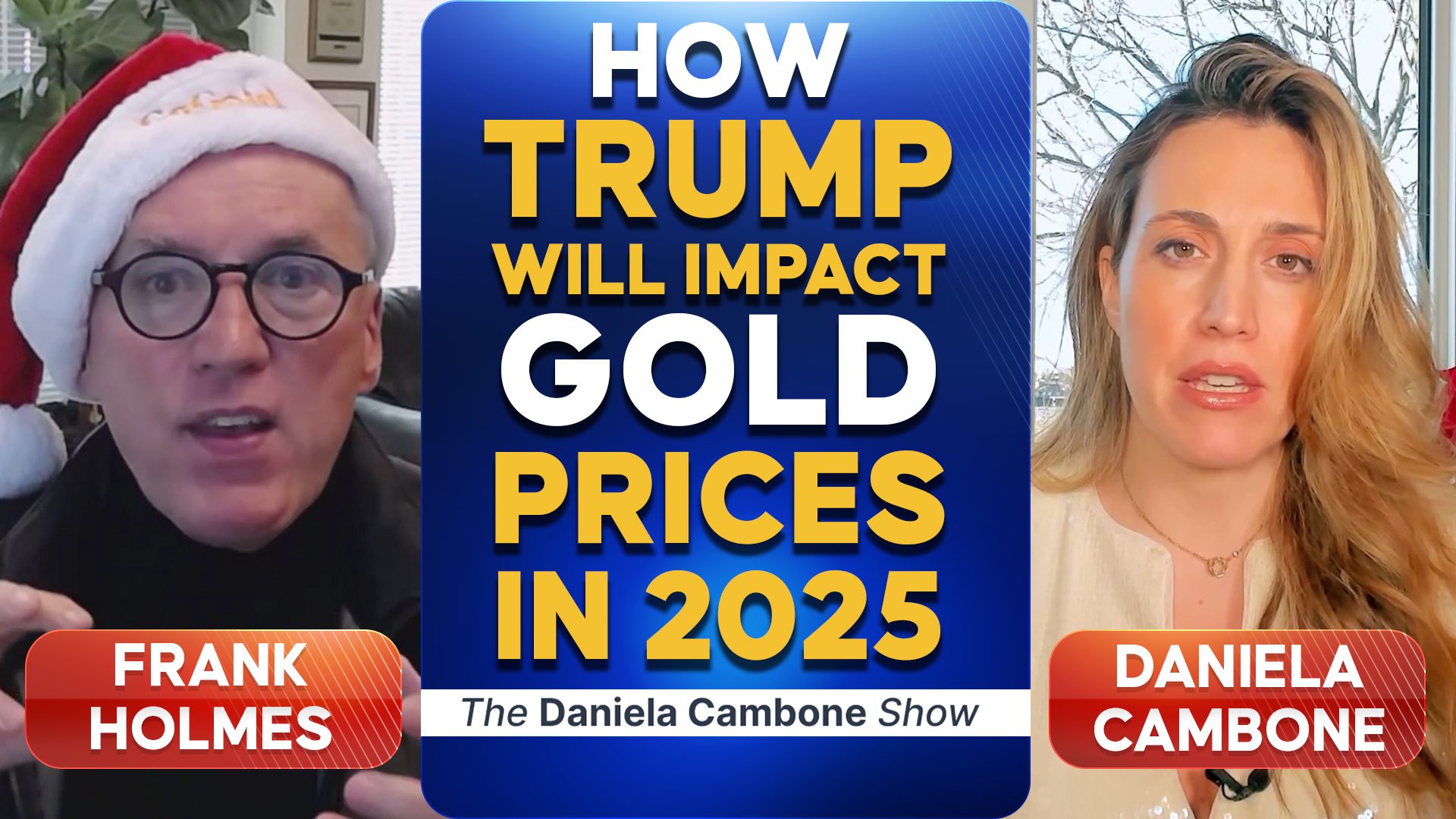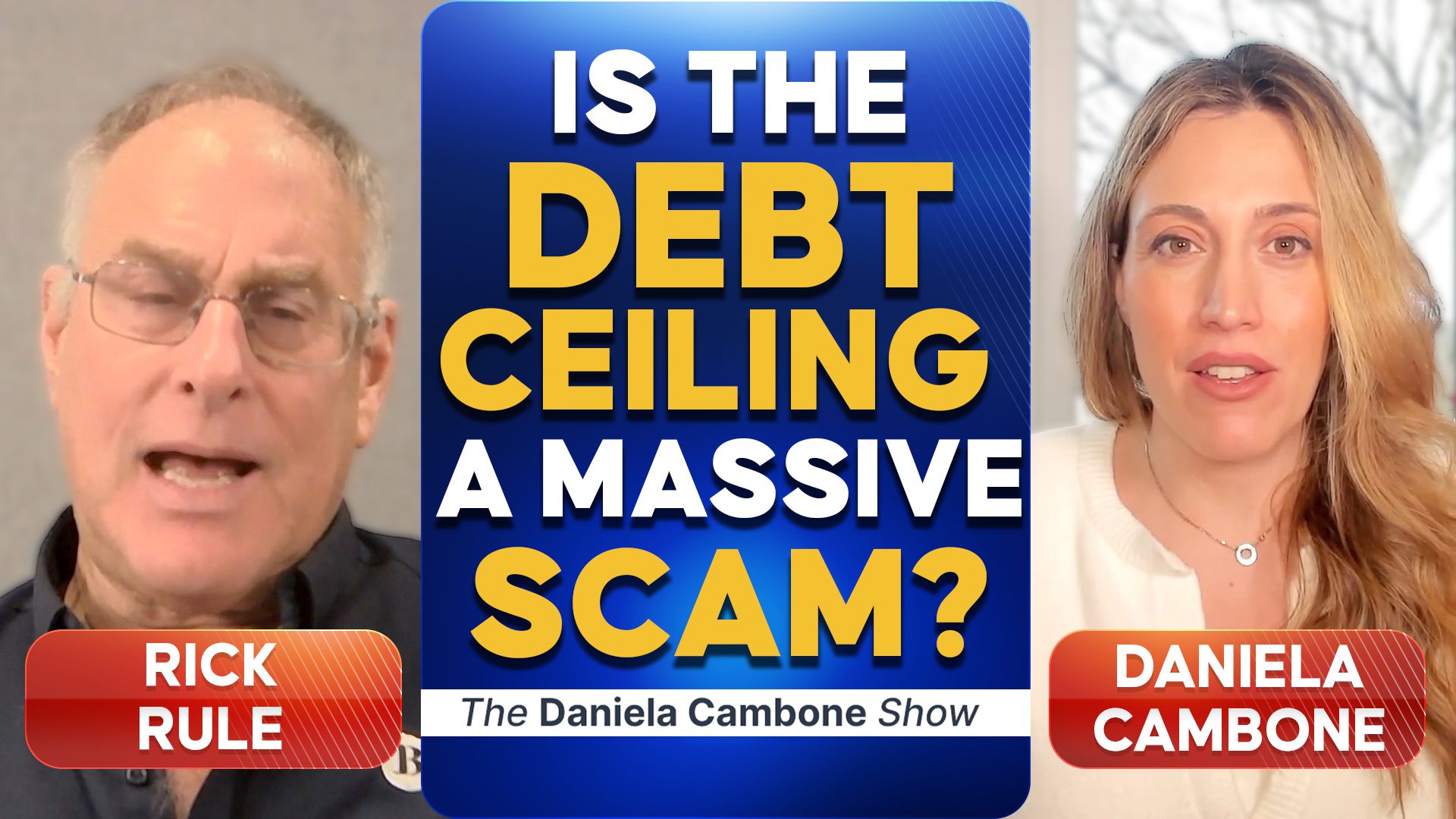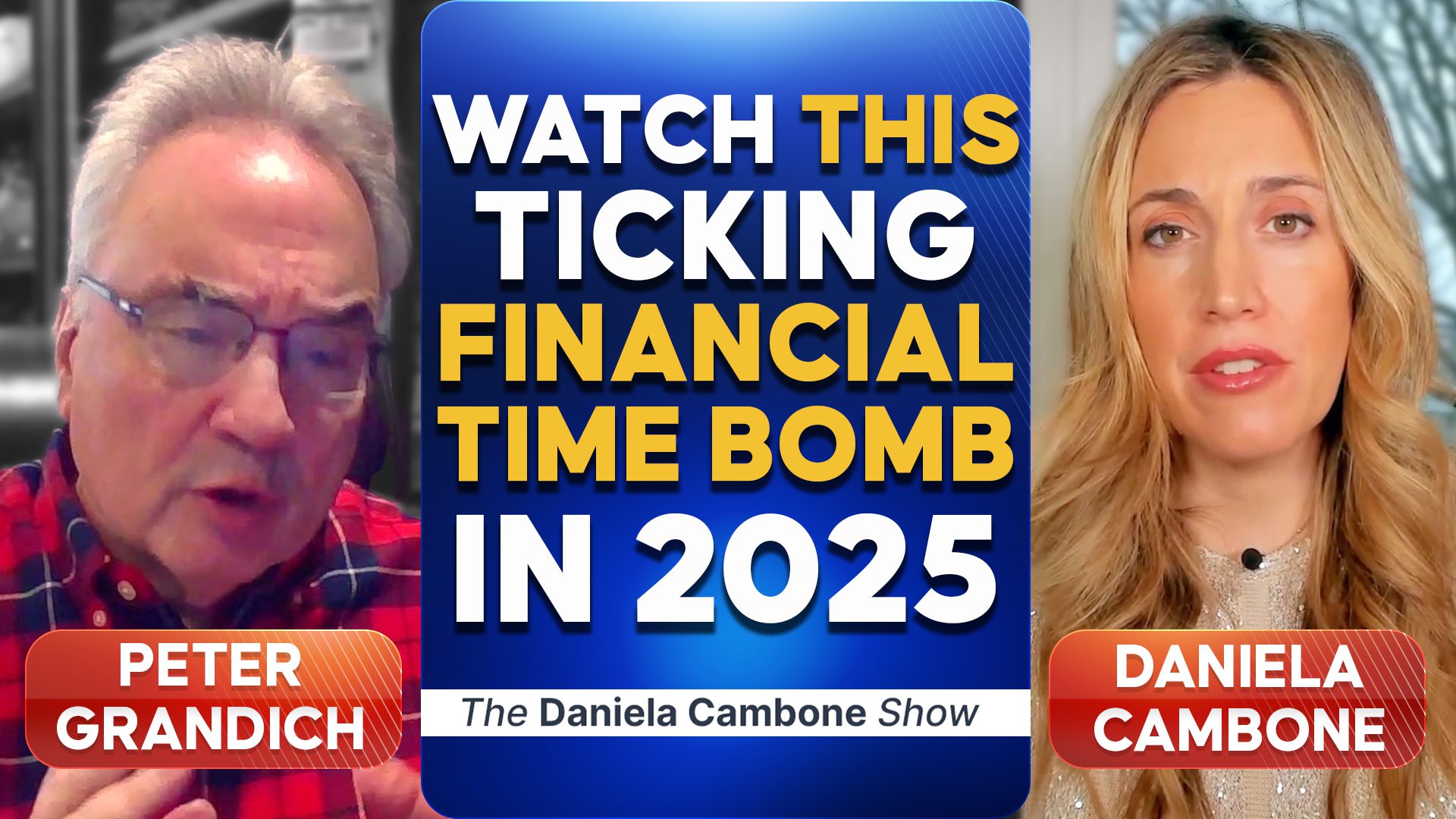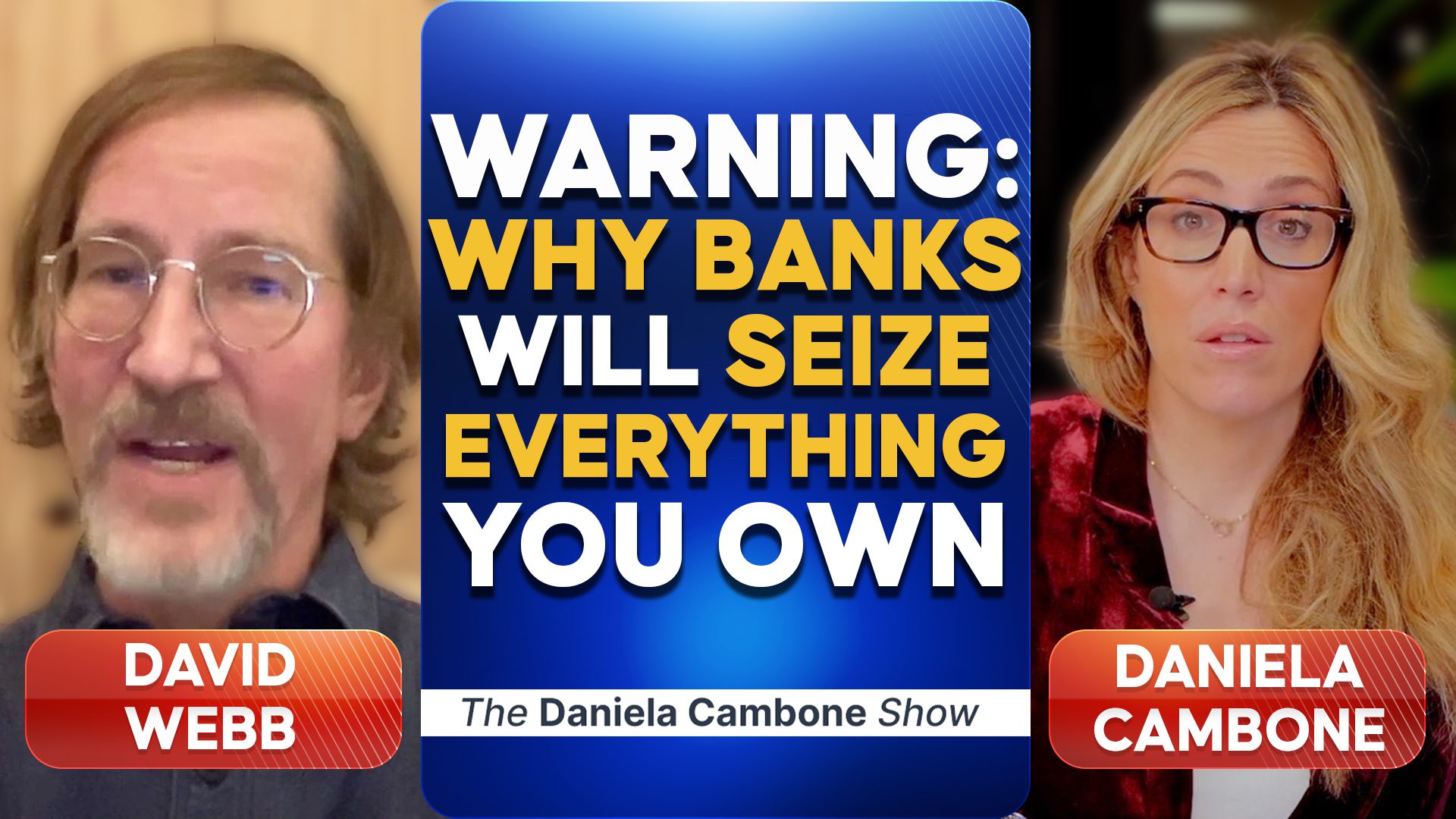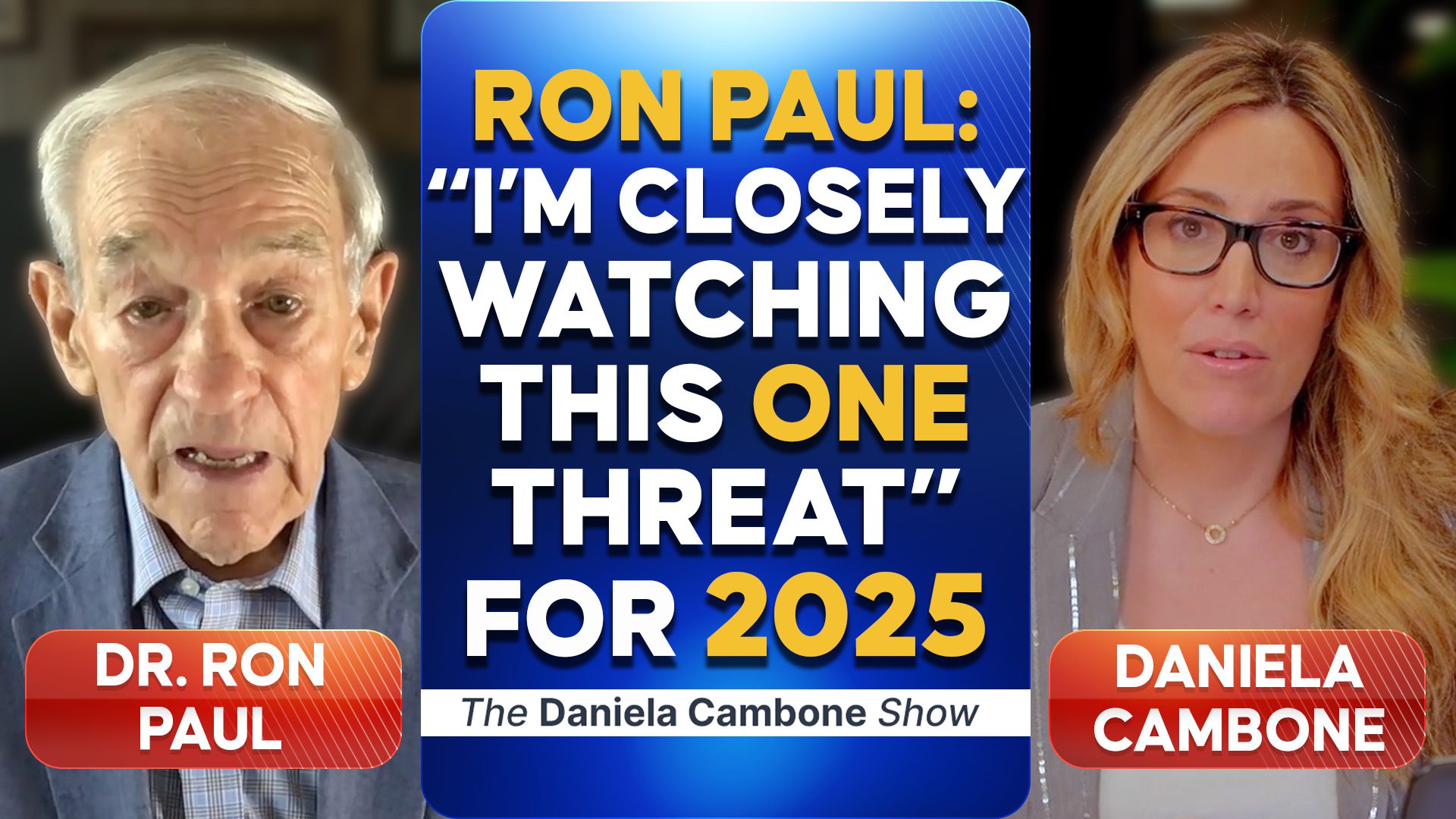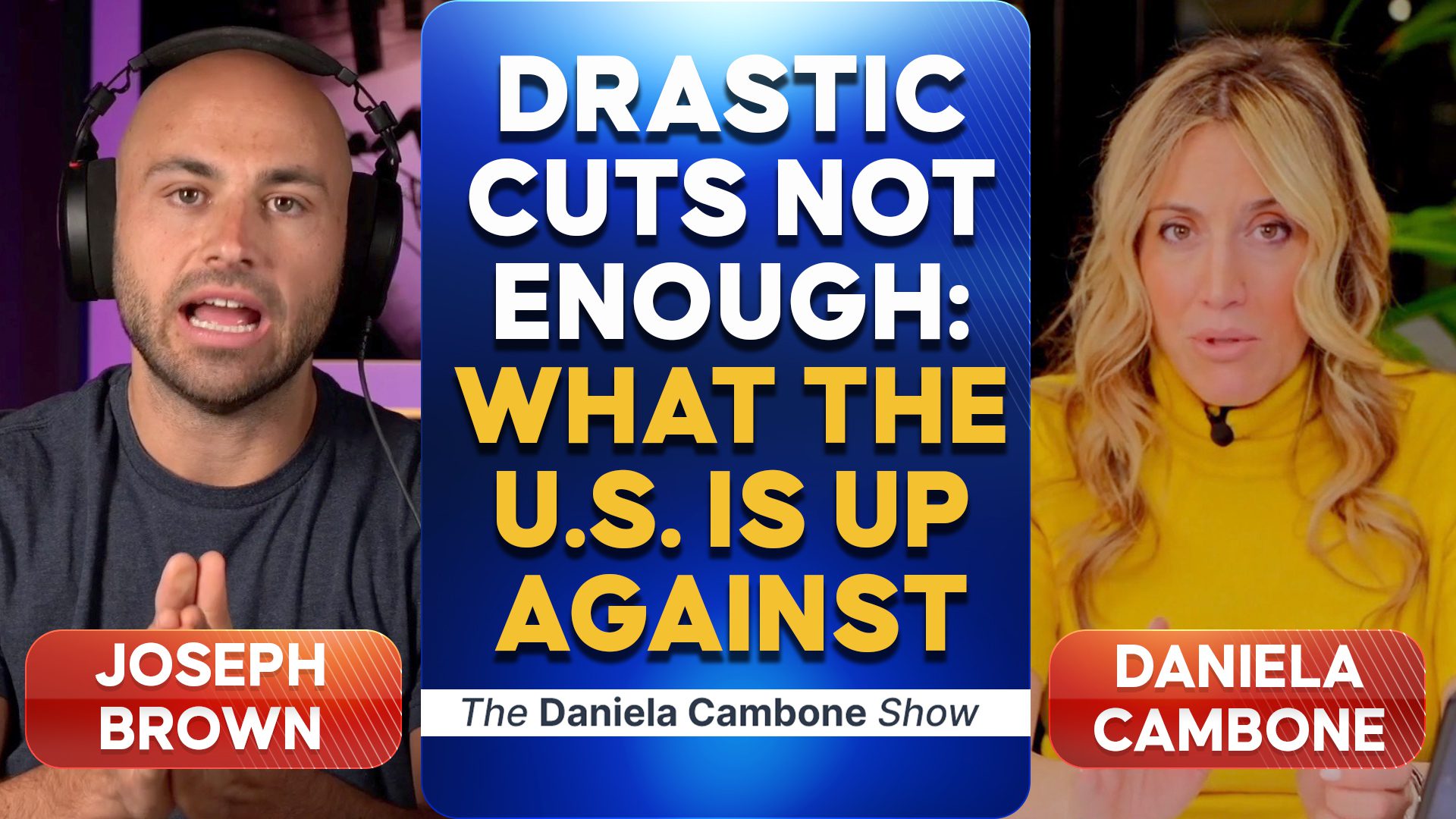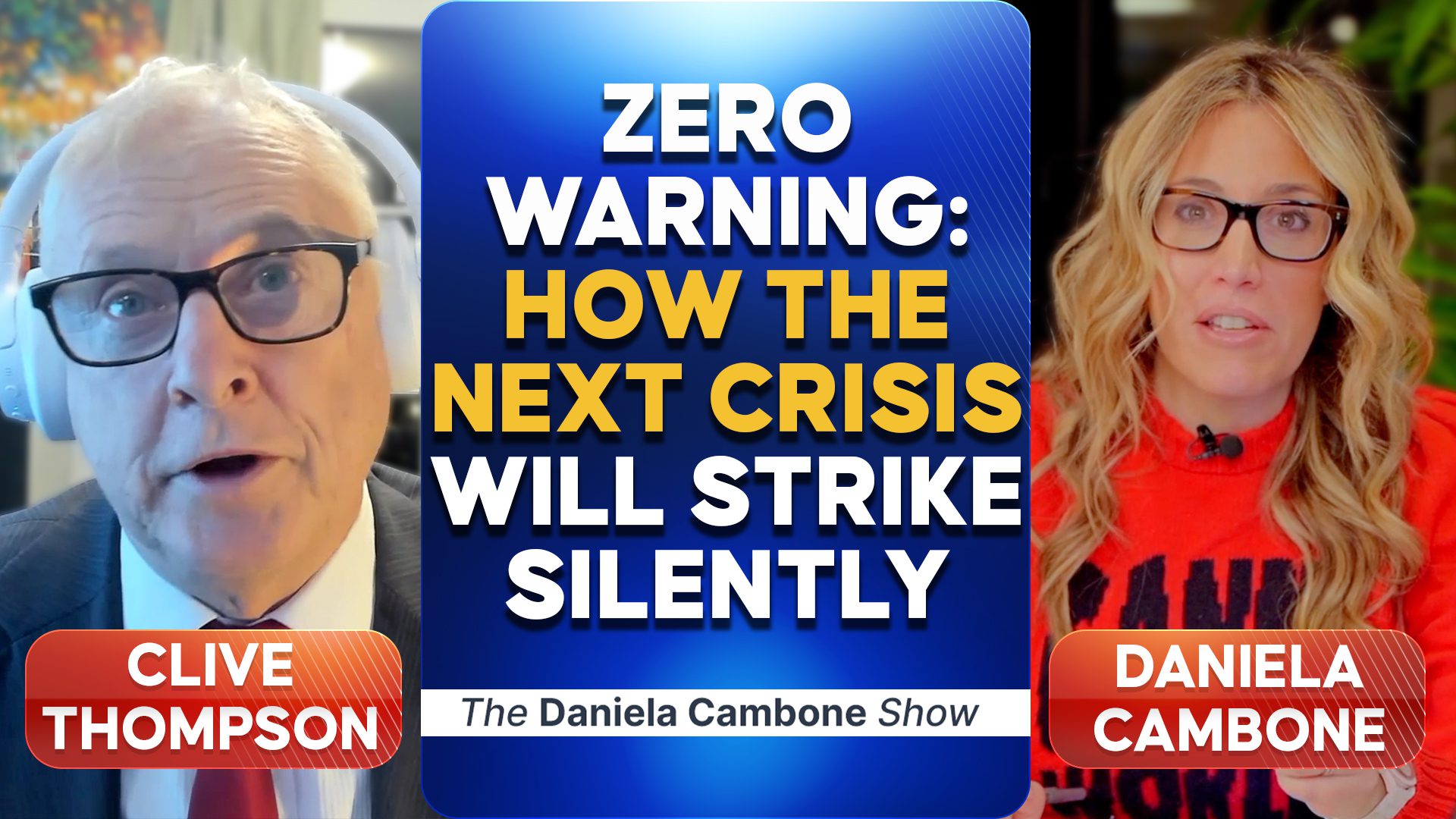Dangerous Times: Start of Fed Cut Cycle Signals MASSIVE Pain Ahead – Edward Dowd
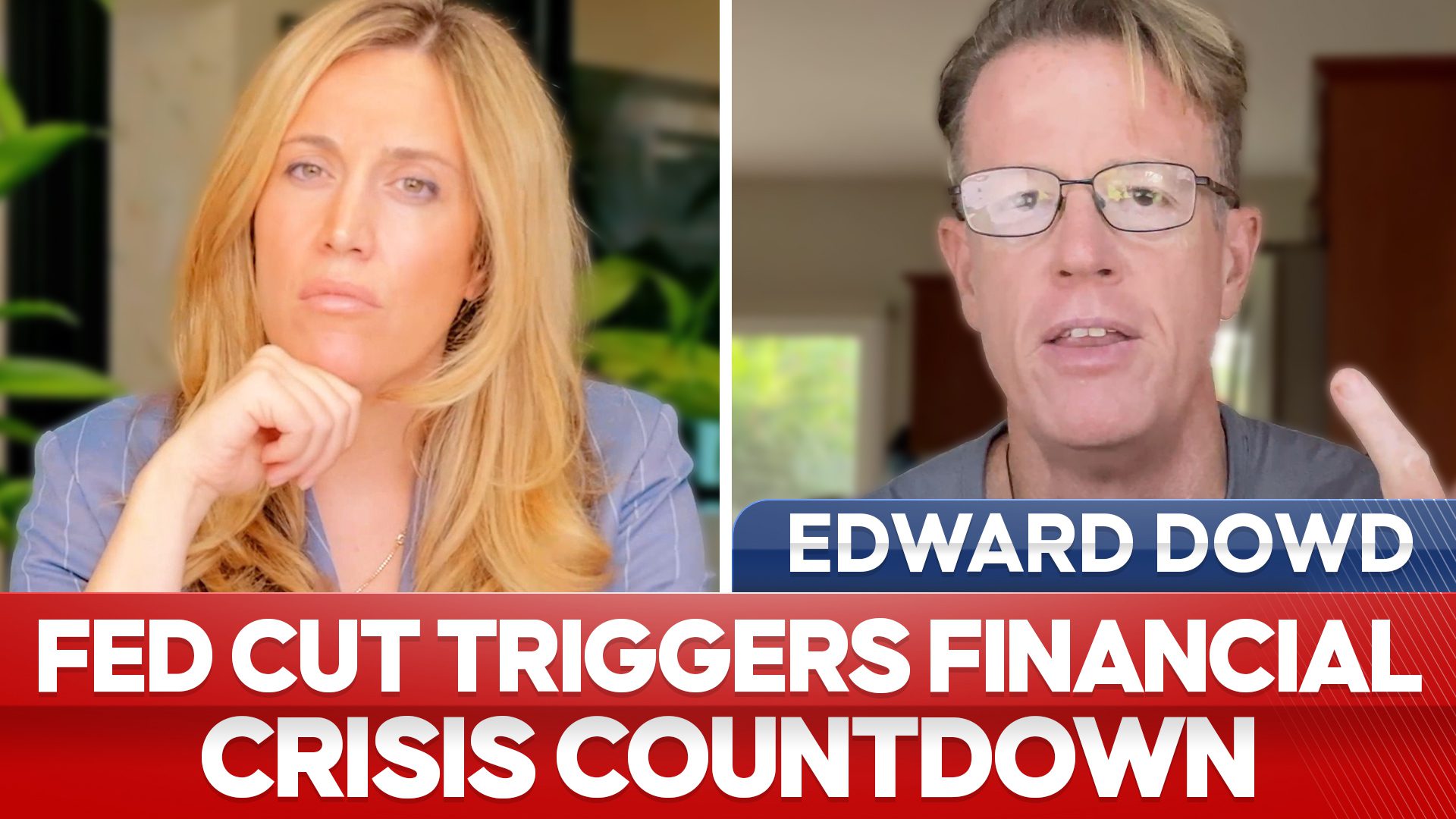
QUESTIONS OR CONCERNS? Talk With An ITM Trading Analyst Now: Schedule a Free Strategy Call or Speak to Someone Now at 866-706-9061.
In today’s uncertain economic landscape, the warning signs are becoming harder to ignore. With inflation running rampant, interest rate hikes stressing financial markets, and global debt levels skyrocketing, it’s crucial to understand the potential risks ahead. As Edward Dowd, a seasoned financial expert with over three decades of experience, recently shared in a discussion with Daniela Cambone, the signs point to a significant downturn in the global economy.
In this post, we’ll explore the insights Edward Dowd shared on the unfolding global debt bubble, the possibility of an economic collapse in 2024, and how these factors could impact your financial future, particularly for those nearing or already in retirement.
The Global Debt Bubble: A Slow-Burning Crisis
For over a century, the global financial system has been running on borrowed time—quite literally. Dowd explains that the current banking system, which started in 1913 with the creation of the Federal Reserve, relies heavily on continuous debt creation to sustain itself. Over the past 14 years, this reliance on debt has only intensified, creating what Dowd refers to as the “global sovereign debt bubble.”
The system needs more debt to keep functioning, but it’s rapidly reaching a breaking point. With central banks like the Federal Reserve continually printing money, the financial world is walking a tightrope. Dowd points out that “the system needs constant debt creation because money printing is actually debt creation.” This bubble, built on ever-increasing borrowing, is starting to show signs of strain, especially as global interest rates rise, making the debt harder to manage.
Why the Economic Collapse Could Happen in 2024
Dowd and Cambone’s conversation highlights several alarming trends that suggest an economic collapse in 2024 is not just a possibility but a growing probability. One of the most significant red flags is the weakening U.S. economy, which Dowd believes has been artificially propped up by excessive government spending and temporary boosts to GDP.
“The economy was never truly recovering,” says Dowd, as he discusses how savings are being drained and credit is overextended. Consumers are drawing from savings just to meet basic needs, and record levels of credit card debt are already leading to increased delinquencies. This is not sustainable.
Furthermore, Dowd points to recent bank failures as a sign of cracks in the system. In March 2023, several banks failed, causing panic. Although the Federal Reserve stepped in to provide emergency relief, these measures were temporary. As interest rates continue to rise, many banks, particularly those with large holdings in commercial real estate, are likely to face even greater difficulties.
Interest Rate Cuts: The Beginning of the Pain
Many people view Federal Reserve interest rate cuts as a positive sign, thinking they could provide relief to financial markets. However, Dowd argues the opposite. “The beginning of the Fed cut cycle is the beginning of the pain,” he says, suggesting that when the Federal Reserve begins cutting rates again, it will signal that the system is under severe stress.
As Dowd explains, these cuts are needed to alleviate pressure on highly leveraged entities in the financial sector. But the cuts won’t solve the underlying problems—they will only delay the inevitable. Historically, the start of rate cuts has often preceded significant market downturns, and this time may be no different. Investors should prepare for stock market corrections and the possibility of a deep recession in the near future.
The Recession Is Already Here: What Dowd Says About the US Economy
Although the U.S. has not officially declared a recession, Edward Dowd believes we are already in the early stages of one. His US recession predictions are based on multiple indicators, including the rising delinquencies in auto loans, record-high consumer debt, and the fact that U.S. GDP growth has been artificially inflated by temporary factors, such as increased government spending and immigration.
Even though official numbers may not reflect it yet, Dowd insists that we are already feeling the effects of a recession, and it’s only a matter of time before this becomes widely recognized.
One major indicator Dowd focuses on is the behavior of Warren Buffett, one of the world’s most successful investors. Buffett has reduced his stock holdings significantly and is sitting on a large cash reserve, waiting for the market to correct by 50-60% before making any major moves. This kind of preparation suggests that a major downturn is on the horizon.
How to Protect Your Wealth in Uncertain Times
So, how can individuals protect their wealth as we head into 2024? Edward Dowd’s insights offer some critical advice: maintain a portion of your wealth in cash, specifically in U.S. Treasury bills, which offer short-term security and stability. He also suggests considering long-term investments in gold, which he believes will correct temporarily during the initial stages of a market panic but will ultimately rise to new highs.
While Dowd remains bullish on gold in the long term, he cautions against expecting immediate gains. “Gold will correct, but it will resume its bull run,” he says, predicting that after a temporary downturn, gold prices could reach new heights as investors seek safe-haven assets during the economic turbulence ahead.
Final Thoughts: Prepare for What’s Coming
As Edward Dowd and Daniela Cambone discussed, we are living in precarious financial times. The global debt bubble is nearing its breaking point, and an economic collapse in 2024 seems increasingly likely. With Federal Reserve rate cuts potentially triggering more financial pain and a US recession already in its early stages, it’s critical to take steps to protect your wealth.
At ITM Trading, we specialize in helping clients develop wealth preservation strategies centered around owning physical gold and silver. If you’re concerned about how these economic challenges might affect your retirement, we strongly encourage you to reach out to us. Book a strategy session today, and let us help you safeguard your financial future with assets that have stood the test of time.
SOURCES:
https://phinancetechnologies.com/
https://x.com/DowdEdward/status/1831740403705639333
https://www.youtube.com/watch?v=iFNDbIQPFmQ
https://www.state.gov/u-s-security-cooperation-with-ukraine/
